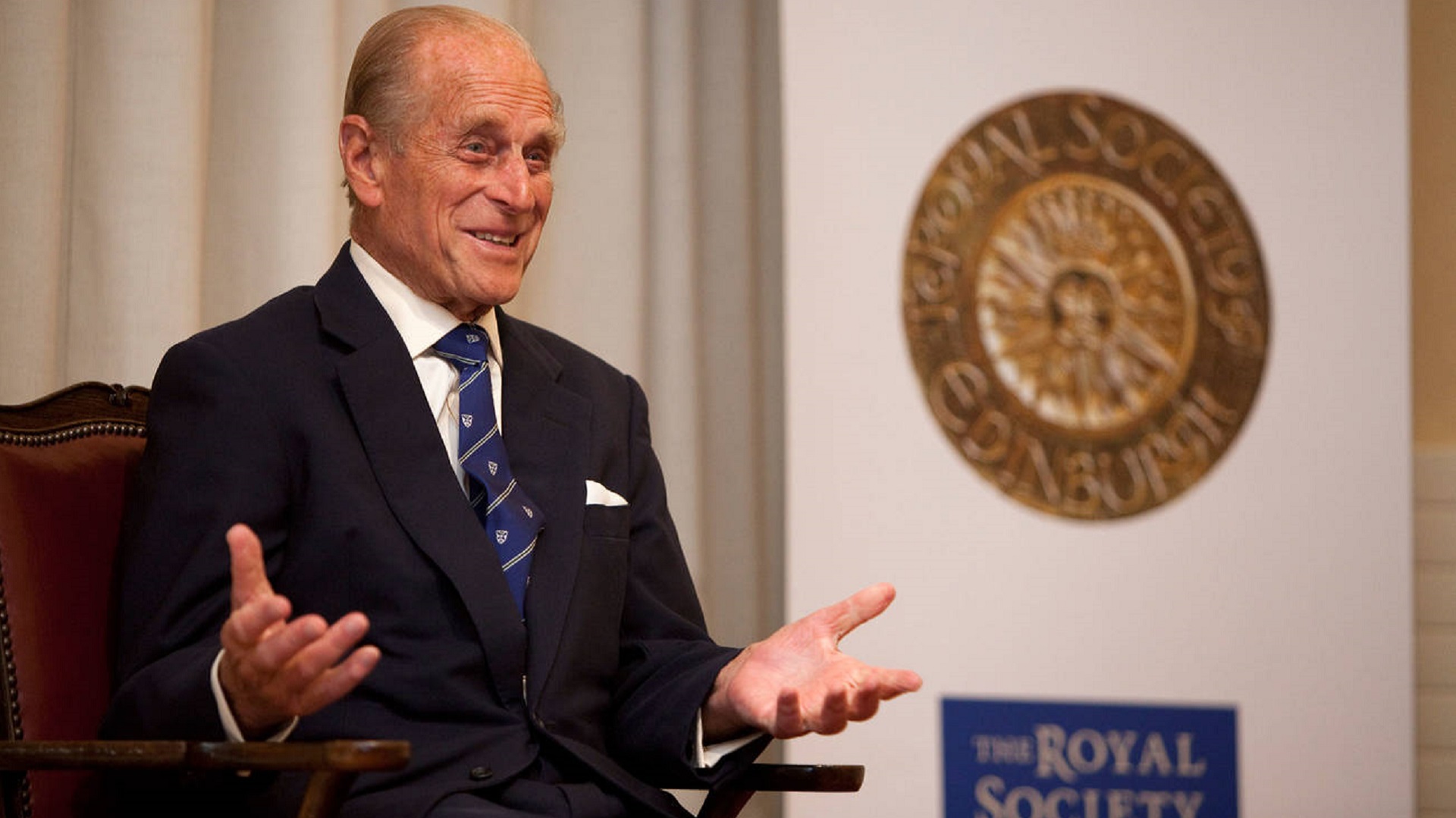He was in some ways like many people who take on a persona to protect themselves. I know I always took on the toughie persona as a defence.
The Duke of Edinburgh, it seemed, thrived on being seen as this gruff, no-nonsense sort of chap. Brash but real, and to the point.
This is what we expect of our leading military personnel. Gruff and tough, but fair and strong. Perhaps the Duke was as he was seen to be. But when you see the 1965 photograph of Philip holding the hand of the recently-dead John F Kennedy’s son you realise that he had a side to him that cannot be explained by a hard exterior.
I worked for a printing company owned by a recently-retired officer and he had the same demeanour. It suited him, as it suited the Duke. It is refreshing at times when you have to spend so much time with those that would charm you and bury you in niceties.
Recently I have been thinking about a former Duke and his relationship to a former monarch. The Duke of Wellington was much admired by Queen Victoria and her husband Albert, the Prince Consort. Albert had helped create the first real big ‘Great Exhibition’ in London’s Hyde Park. It was visited by about five million people and was seen as the greatest event of its kind when presented in 1851.
The Duke’s passing, though, pushed some very important Big Issue news aside. It seems to happen that way
On one occasion though the Queen was disturbed about the large amount of bird droppings that spoiled the exhibits. This had been caused by a clique of reactionary old lords and MPs who voted for the right to have the Great Exhibition, but with one stipulation: no trees were to be cut down in order to put up the monstrous glass palace. This was an impossible limitation.
Advertising helps fund Big Issue’s mission to end poverty
For trees had to fall. Until it was decided to incorporate the trees into the palace. Outwitted; the exhibition began, but then the problem of the droppings arose.
At a meeting, the Duke of Wellington heard Victoria complaining about the droppings left by the sparrows. And quick as a flash he simply said “Sparrowhawks, Ma’am.” That was all he had to say about the problem. His advice was taken and the problem disappeared.
I wrote a children’s story about this many decades ago, which got a publisher until they changed their mind. On the day that Philip died I was talking with someone about the idea of reviving my children’s story. That’s why I had dukes on my mind.
The sharpness of the Duke of Wellington may well have inspired many other subsequent ducal leaders to take a leaf out of his book. To have that ‘no nonsense’ air to you, and with that cover any weakness you may harbour.
Denis Thatcher? Was he Margaret Thatcher’s duke in some senses? Bruising at times in his observations but dearly loved by his reigning spouse. Reactionary, like the Duke? But forgiven his trespasses because of his position in society.
The Duke’s passing, though, pushed some very important Big Issue news aside. It seems to happen that way. ‘9:11’ happened on The Big Issue’s anniversary and we watched in horror as the Twin Towers collapsed in the middle of a BBC interview – which was relegated to the cutting-room floor.
Advertising helps fund Big Issue’s mission to end poverty
Our big bit of news this time was that after lockdown ended last Monday, our vendors were back out on the streets. This was tremendous news for our vendors, and for the public who had missed their cheery sellers. It meant that we could start operating again. But Philip’s passing took over so much of the news space that our story largely got removed.
But not entirely. In fact, in the end we did well. But the passing of the monarch’s consort was the big news. So we’re back. And we are glad to be helping the homeless to help themselves again.
When the Duke walked away after our first and only conversation I mused on social justice. The Royal Family are not a part of that great struggle. Too political, I am told. Now, a gruff old man demanding the end of poverty might be something else.
John Bird is the founder and editor in chief of The Big Issue









